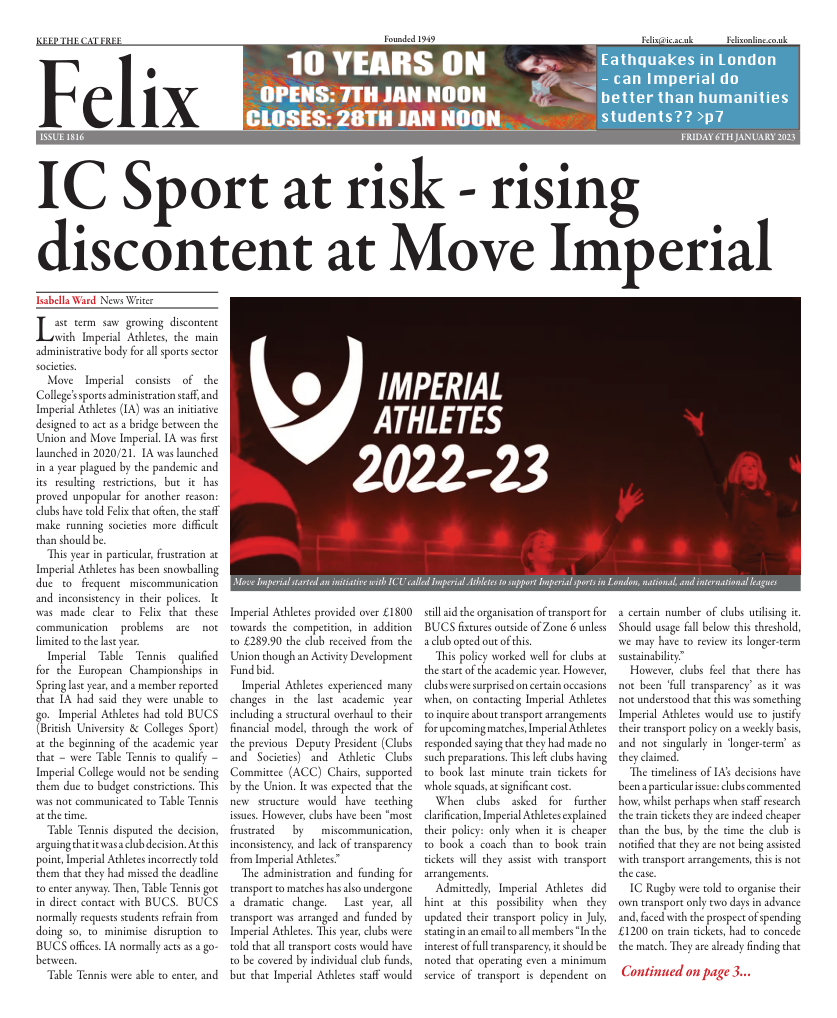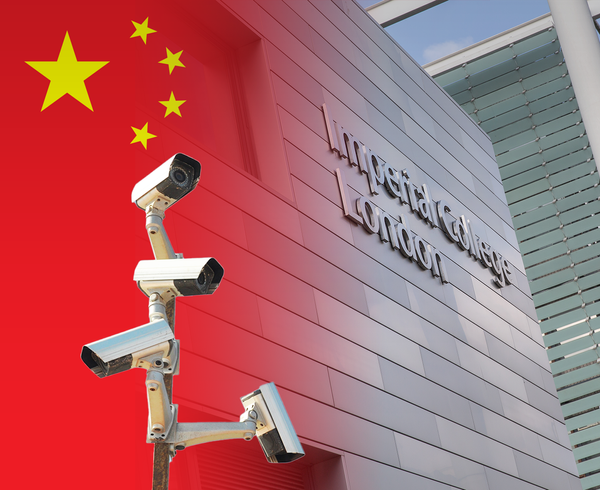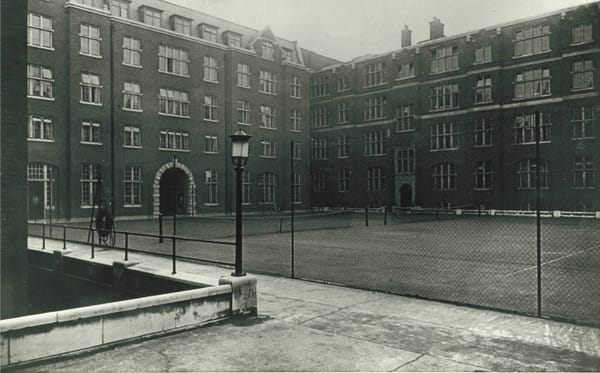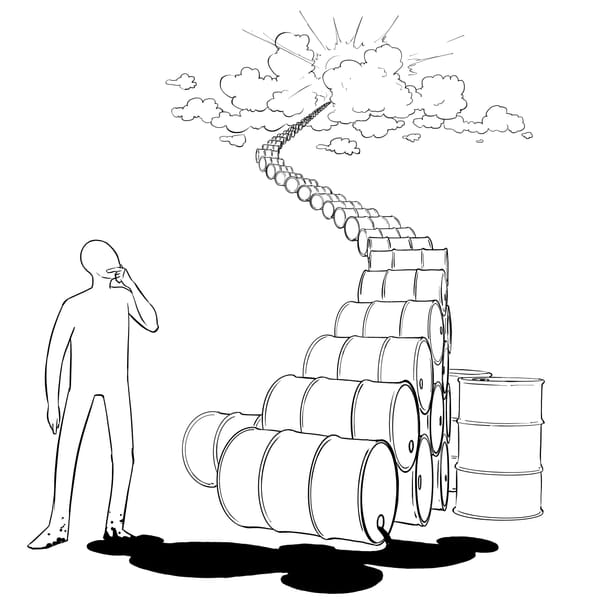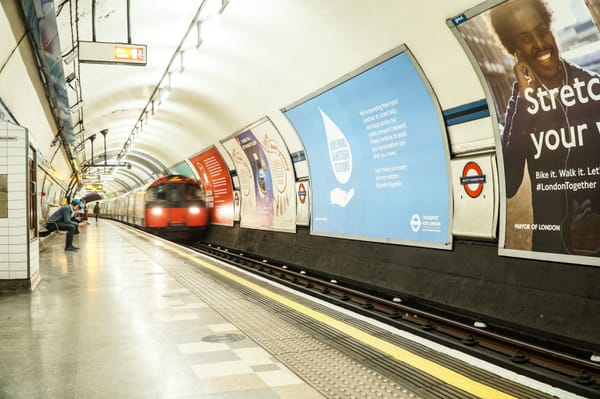Growing discontent with Imperial Athletes initiative
Imperial sports clubs frustrated by “miscommunication, inconsistency and lack of transparency”
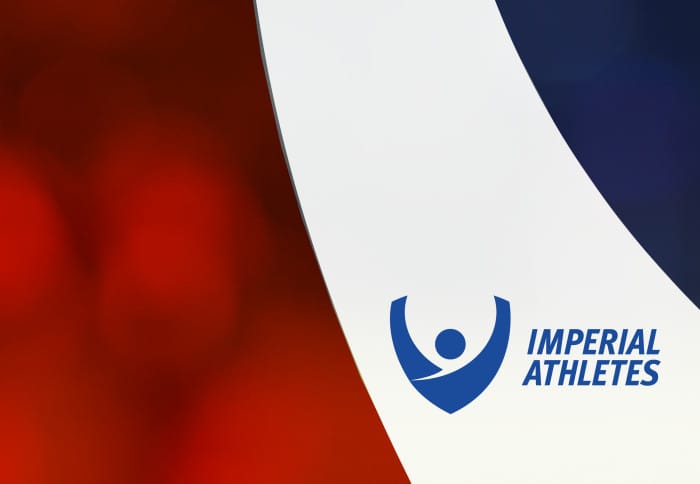
Last term saw growing discontent with Imperial Athletes, the main administrative body for all Imperial's sports sector societies.
Imperial Athletes (IA) is an initiative designed to act as a bridge between the Union and Move Imperial, the College’s sports administration team. At its launch in 2020/21, the head of Move Imperial, William Hollyer, said IA was intended to simplify the administrative structure around sports at Imperial. “In reducing the administrative burden, we hope that clubs can now focus on what matters: playing sport.”
However, it has since proved unpopular amongst sports clubs, who have told Felix that mismanagement on the part of IA staff has actually impeded the smooth running of societies.
This academic year in particular, frustration at Imperial Athletes has snowballed due to frequent miscommunication and inconsistency in its polices. It was made clear to Felix that the communication problems are not limited to the past year.
A club member reported that when Imperial Table Tennis qualified for the European Championships in spring last year, IA informed the club that it would not be able to participate. Imperial Athletes had told the British University & Colleges Sport (BUCS) at the beginning of the academic year that, were Table Tennis to qualify, Imperial College would not be sending them due to budget constraints. This was not communicated to Table Tennis at the time.
Table Tennis disputed the decision, arguing that it was a matter for the club to decide. At this point, Imperial Athletes incorrectly told them that they had missed the deadline to enter anyway.
Table Tennis then proceeded to contact BUCS directly. BUCS normally requests that students refrain from doing this, to minimise disruption to BUCS offices. IA usually acts as a go-between.
Table Tennis were eventually able to enter, and Imperial Athletes provided over £1800 towards the competition, in addition to £289.90 the club received from the Union through an Activity Development Fund bid.
Imperial Athletes underwent a number of changes in the 2021/22 academic year, including a structural overhaul to its financial model, through the work of the previous Deputy President (Clubs and Societies) and Athletic Clubs Committee (ACC) Chairs, supported by the Union. It was expected that the new structure would have teething issues. However, clubs have been “most frustrated by miscommunication, inconsistency, and lack of transparency from Imperial Athletes.”
The administration and funding for transport to matches have also undergone dramatic changes. Last year, all transport was arranged and funded by Imperial Athletes. This year, clubs were told that all transport costs would have to be covered by individual club funds, but that Imperial Athletes staff would still aid the organisation of transport for BUCS fixtures outside of Zone 6 unless a club opted out of this.
This policy functioned well for clubs at the start of the academic year. However, they were surprised on certain occasions when, on contacting IA to enquire about transport arrangements for upcoming matches, it responded saying that it had made no such preparations. This left clubs having to book last minute train tickets for whole squads, at significant cost.
When clubs asked for further clarification, Imperial Athletes explained its policy: only when it is cheaper to book a coach than to book train tickets will it assist with transport arrangements.
Admittedly, Imperial Athletes did hint at this possibility when it updated its transport policy in July, stating in an email to all members: “In the interest of full transparency, it should be noted that operating even a minimum service of transport is dependent on a certain number of clubs utilising it. Should usage fall below this threshold, we may have to review its longer-term sustainability.”
However, clubs feel that there has not been “full transparency”; they did not understand that this was something Imperial Athletes would use to justify its transport policy on a weekly basis, and not singularly in the “longer-term” as it claimed.
The timeliness of IA’s decisions has been a particular issue. Clubs have commented that, whilst perhaps when IA staff research train tickets, they are cheaper than the bus, by the time the club is notified that they are not being assisted with transport arrangements, this is not the case.
IC Rugby was told to organise its own transport only two days in advance and, faced with the prospect of spending £1200 on train tickets, had to concede the match. The club is already finding that train tickets are suffocating its funds. Clubs acknowledge that the cutback in administrative and financial support is likely symptomatic of larger scale funding issues, but feel that the situation is being exacerbated by “disorganisation, miscommunication, and inconsistency” on Imperial Athletes’ behalf.
When rail strikes coincided with BUCS matches, clubs were offered no help; instead Imperial Athletes staff advised one club that if it could not get to the game, it would have to concede the match and pay the “walkover” fee (£250 for this club). This was the guidance set by BUCS when Imperial Athletes liaised directly with BUCS on the matter, but only if no other solution could be found. The club did not feel any attempt had been made to find another solution; it was fortunate that the planned train strikes were ultimately called off, meaning that the fixtures went ahead as planned.
In addition to administration, Move Imperial “offer[s] tailored support to ‘Performance level’ clubs” - clubs performing at the top tiers of the BUCS leagues.
IC Squash, despite having both its men’s and women’s squads competing in the first division of their respective leagues, initially had its access to strength and conditioning sessions cut, and has been dropped from the Performance Programme, according to a member. Move Imperial’s website still lists this club as a performance sport which it supports.
Societies have requested that a Move Imperial representative attends the next general sports sector meeting to address Move Imperial directly, but have been told that this is “unlikely” . It is unclear if this is a Move Imperial, or Union decision. Even if student leaders were able to voice their concerns, many doubt it would change anything. One club president told Felix, “Move Imperial have always acknowledged their failures to us when committees have complained, but they have never changed anything”, adding, “Or, where changes have been made, they have only been to our detriment.”
When a senior sports administrator exited their position in November, several clubs joked that, such was the lack of help they are receiving already, being left in limbo may not be any different to their experience so far this term anyway. A new sports administrator will be joining the team in early 2023.
A Move Imperial spokesperson said: “Imperial Athletes is a collaboration between the Imperial College Union and Move Imperial. We together recognise that there have been continued difficulties in the past 4 months, not least around the administration of funding and transport. The changes to the funding model were proposed by the previous DPCS and approved by the ICU Council; Imperial Athletes were then charged with operationalising this new model. It has undoubtedly brought challenges; nonetheless, we are committed to working with clubs to constructively find ways to improve the overall experience.”
Imperial Athletes boasts on Instagram that Imperial is the most successful London university in BUCS. But if its administrative and communicative errors continue at clubs’ detriment, there is a risk that this may not hold true for much longer.

